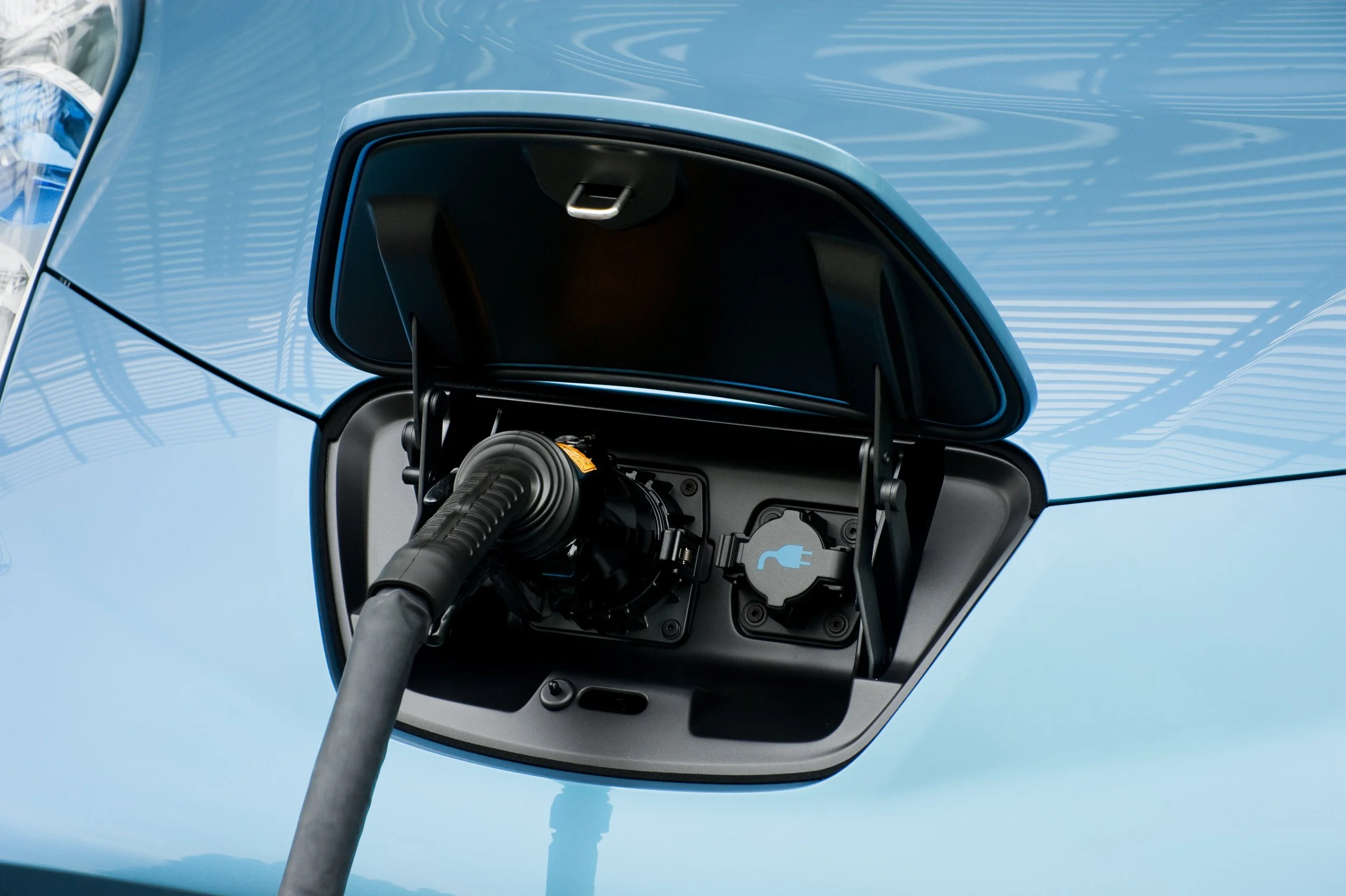California Small Engine Ban – A Step Too Far?
By Edward A. Sanchez – Oct. 18, 2021
I know this is slightly off the beaten path of our usual topic coverage, but I feel it’s important to offer some perspective and commentary. Last weekend, California Governor Gavin Newsom signed a bill that pledges to ban small off-road engines (S.O.R.E.) by 2024 of all types. The text of the bill is broad, and much of the work, much like his executive order signed earlier this year banning new internal combustion light vehicle sales by 2035 in the state, seems “to be determined.”
In the bill, there is not a singular definition of what “small” is by displacement, nor is there any differentiation between four-cycle and two-cycle, the latter of which is by far the more egregious polluter, by virtue of its shortened combustion cycle and burning of lubrication oil as part of normal operation. There is also no mention of the adaptation of catalytic converters on small engines, or the requirement for fuel injection. Any or all of these measures could significantly lower emissions without resorting to an outright ban.
The key loophole, which will surely be cited and exploited by lobbyists for makers of these engines is “adopt cost-effective and technologically feasible regulations to prohibit engine exhaust and evaporative emissions from new small off-road engines, as defined by the state board.” That’s the catch. “Cost-effective” and “technologically feasible” may be a tough goal to implement by the short Jan. 1, 2024, deadline.
In terms of gardening and landscaping equipment, it will undeniably be an inconvenience and expense for independent contractors, as they will be required to change their equipment to electric by that date. However, cordless trimmers, blowers, lawnmowers and the sort have been around for more than a decade, and iterative improvements in battery technology have resulted in longer run times, more reliable and faster-charging battery backs, and lower costs. The rule may require small operators that service multiple sites per day to carry several charged back-up batteries with them, or look for trucks with in-bed power outlets (which there are many now).
But probably the most irrational target of this ruling is portable gasoline generators. Unlike small-displacement landscape and gardening equipment like chainsaws, edgers, trimmers, and leaf-blowers, most portable gasoline generators sold in California are four-cycle, and many of them offer fuel injection. Many new generators sold in California also have a built-in carbon monoxide (CO) sensor that will shut off the generator if the level of ambient CO exceeds what is considered safe levels.
Replacing gas-burning yard equipment with electric units isn’t necessarily the problem with California’s new small-engine ban. (image courtesy Rudy and Peter Skitterians)
The progressive idealists may dream of a day when everything can be powered off of solar and windmills, but the practical reality of the situation is that is simply not immediately feasible for some technologies, most notably portable power sources. As demonstrated by Engineering Explained’s Jason Fenske in this video, current battery technology, while improving at a rapid pace, still has a long way to go before it can match the energy density of gasoline. Not to mention the Catch-22 of portable battery packs requiring an electricity source in the first place to recharge or replenish. I’m assuming these idealists are expecting all of these new generators to also come with a solar array to charge them?
Like it or not, gasoline does have some distinct advantages over battery power. On a volumetric basis, it is significantly more power dense than even the best current battery technology. Granted, the physical storage media of batteries is still there after the usable energy has been depleted, versus gasoline’s “one-and-done” proposition. But with a proper container, gasoline can be transported to the most remote corners of the earth, and assuming sufficient oxygen levels, can combust at almost any habitable altitude with proper engine management.
My humble suggestion to California regulators and legislators is to take a more nuanced approach to the small engine ban. I have no problem with the two-stroke leaf blowers, trimmers, and other equipment going the way of the Dodo. Even offer landscape contractors a trade-in or purchase credit or rebate to soften the financial blow. But in terms of portable generators, perhaps a requirement for fuel-injection, emissions controls (either in the form of an on-board catalyst or other mitigation measures) to allow them to be continued to be sold and used as portable battery technology matures and improves would be a more rational course of action than simply an abrupt, Draconian ban in the matter of just two years.
I am all for blue skies and the idea of an environmental utopia. But hopes and dreams alone won’t get us there. It’s going to take a concerted engineering effort by private enterprise and researchers to solve the problem, and it will almost certainly take more than two years.
(Main image courtesy Honda)
- Podcast - Facebook - Google News - Twitter -








